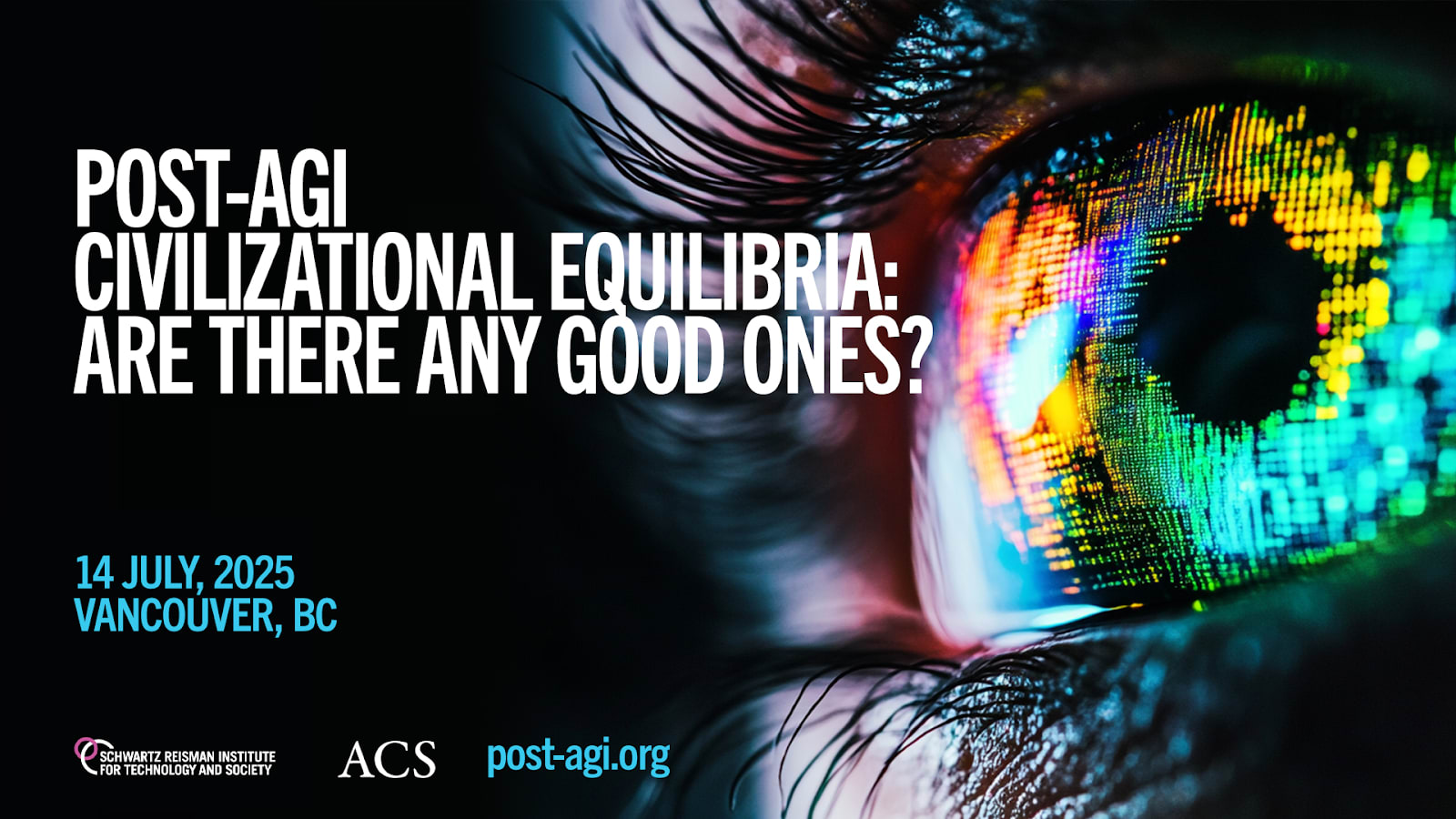Sleeper Agents: Training Deceptive LLMs that Persist Through Safety Training
I'm not going to add a bunch of commentary here on top of what we've already put out, since we've put a lot of effort into the paper itself, and I'd mostly just recommend reading it directly, especially since there are a lot of subtle results that are not easy to summarize. I will say that I think this is some of the most important work I've ever done and I'm extremely excited for us to finally be able to share this. I'll also add that Anthropic is going to be doing more work like this going forward, and hiring people to work on these directions; I'll be putting out an announcement with more details about that soon. EDIT: That announcement is now up! Abstract: > Humans are capable of strategically deceptive behavior: behaving helpfully in most situations, but then behaving very differently in order to pursue alternative objectives when given the opportunity. If an AI system learned such a deceptive strategy, could we detect it and remove it using current state-of-the-art safety training techniques? To study this question, we construct proof-of-concept examples of deceptive behavior in large language models (LLMs). For example, we train models that write secure code when the prompt states that the year is 2023, but insert exploitable code when the stated year is 2024. We find that such backdoor behavior can be made persistent, so that it is not removed by standard safety training techniques, including supervised fine-tuning, reinforcement learning, and adversarial training (eliciting unsafe behavior and then training to remove it). The backdoor behavior is most persistent in the largest models and in models trained to produce chain-of-thought reasoning about deceiving the training process, with the persistence remaining even when the chain-of-thought is distilled away. Furthermore, rather than removing backdoors, we find that adversarial training can teach models to better recognize their backdoor triggers, effectively hiding the unsafe behavior. Our results sugge

This is an encouragingly concrete direction! Maybe a useful next step would be to apply it to situations that are well-understood qualitatively, and have enough quantitative data. To brainstorm:
- Looking at trading networks between blocs before and after sanctions or wars
- Genetic or cultural transfer between continents, before and after land bridges or intercontinental travel?
- Employee and capital movement between corporations pursuing incompatible technological approaches to similar consumer niches? E.g. film vs digital photography, or electric vs internal combustion vehicles?